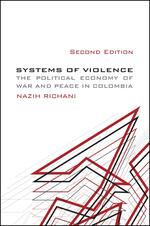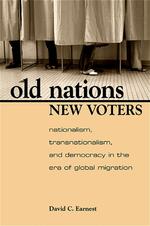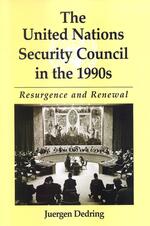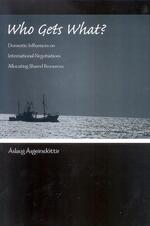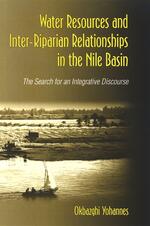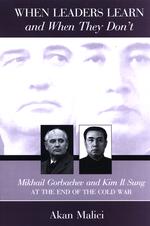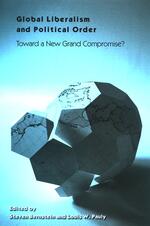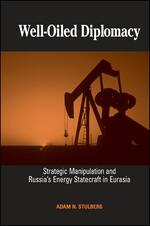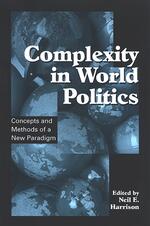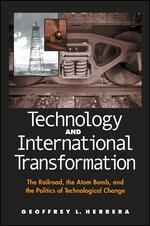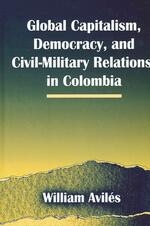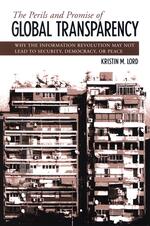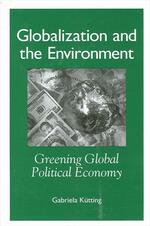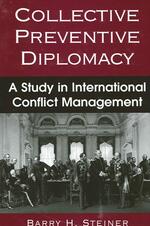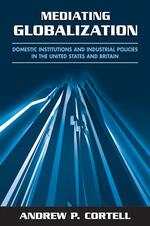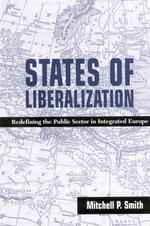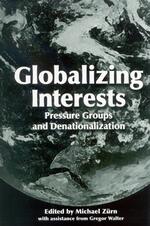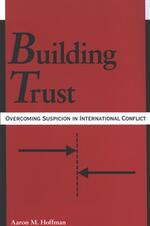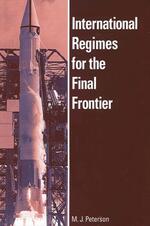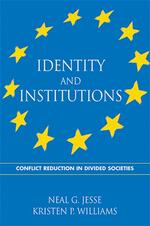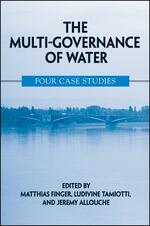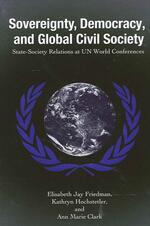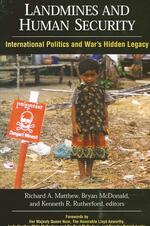SUNY series in Global Politics
Systems of Violence, Second Edition
Expanded new edition of an important study of the protracted violence in Colombia.
Old Nations, New Voters
Groundbreaking empirical study of voting by resident aliens in established democracies.
The United Nations Security Council in the 1990s
An insider’s account of the UN Security Council in the years immediately after the end of the Cold War.
Who Gets What?
Examines the domestic constraints negotiators operate under when nations seek to cooperate.
Water Resources and Inter-Riparian Relations in the Nile Basin
Argues for new water policies in the Nile River Basin.
When Leaders Learn and When They Don't
Develops a new and dynamic theory of foreign policy decision making and experiential learning.
Cooperating Rivals
Examines cooperation and conflict over water in the Middle East.
Global Liberalism and Political Order
Examines the possibilities of global governance in the wake of the challenges of globalization.
Well-Oiled Diplomacy
Examines Russia’s energy policy with rival Eurasian supplier states from 1992 to 2002.
Complexity in World Politics
Demonstrates that world politics is more complex than conventional models can account for.
Technology and International Transformation
Examines the interrelation between technology and international politics since the nineteenth century.
Global Capitalism, Democracy, and Civil-Military Relations in Colombia
Explores the connections between globalization and democratization in Colombia.
The Perils and Promise of Global Transparency
Argues that increasing levels of transparency do not always change international politics for the better.
Globalization and the Environment
Examines how globalization and the environment are connected issues.
Collective Preventive Diplomacy
Examines how and why great powers act to defuse ethnic conflict within small powers.
Mediating Globalization
Argues that institutional context drives economic globalization in the United States and Britain.
States of Liberalization
Explores the limits of economic liberalization within the European Union.
Globalizing Interests
Examines how national interest groups respond to the international pressures of globalization.
Building Trust
Challenges conventional assumptions about how international rivals form trusting relationships.
International Regimes for the Final Frontier
Examines the negotiations between nations that lead to international agreements regulating human activity in outer space.
Identity and Institutions
Explores the role of international institutions in reducing conflict in multiethnic societies.
The Multi-Governance of Water
Examines the politics of transnational water resource management through case studies of the Aral Sea basin and the Danube, Euphrates, and Mekong river basins.
Imperialism and Internationalism in the Discipline of International Relations
Essays on the early disciplinary history of international relations.
Sovereignty, Democracy, and Global Civil Society
Examines the growing power of nongovernmental organizations by looking at UN World Conferences.
Landmines and Human Security
Recounts and evaluates the worldwide effort to ban landmines.
